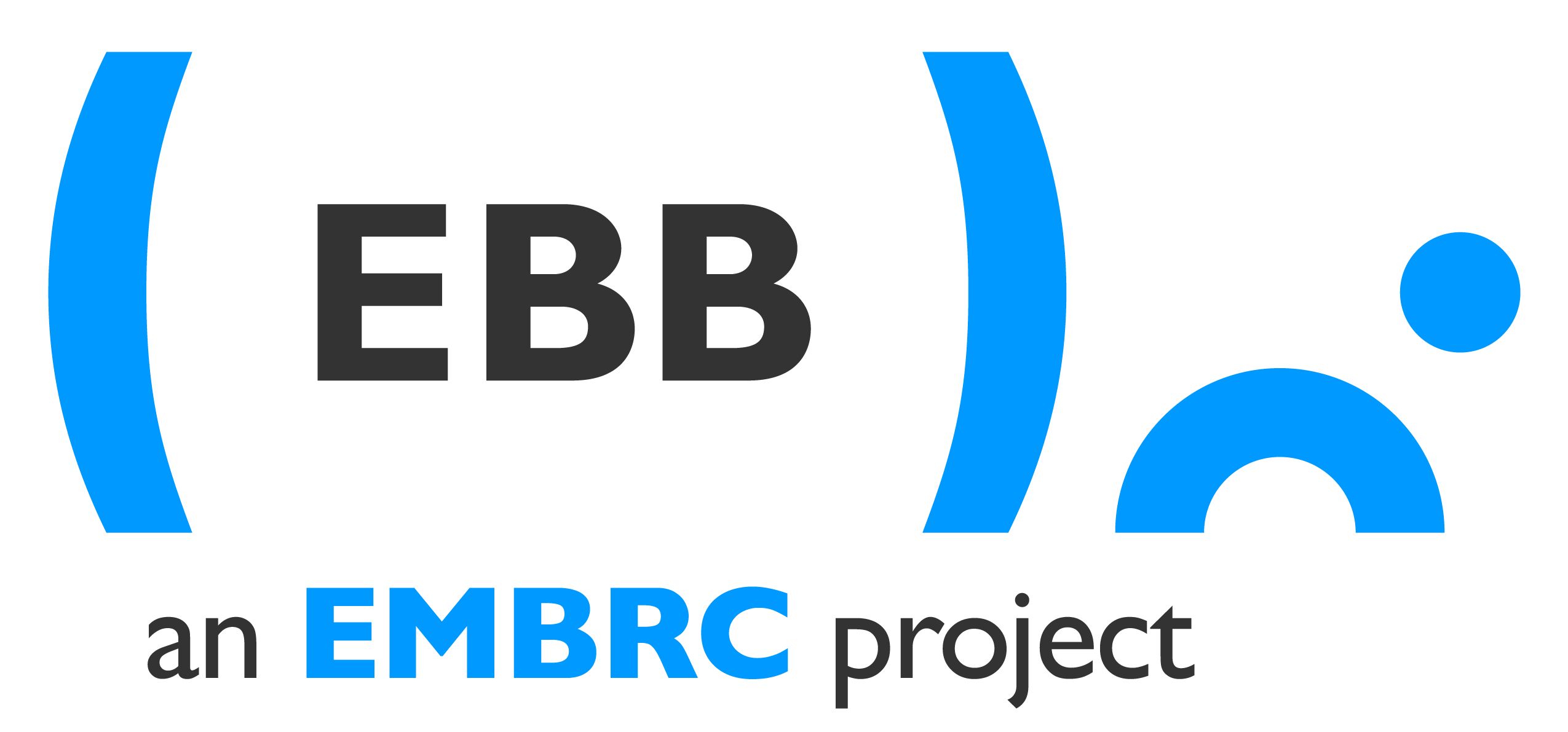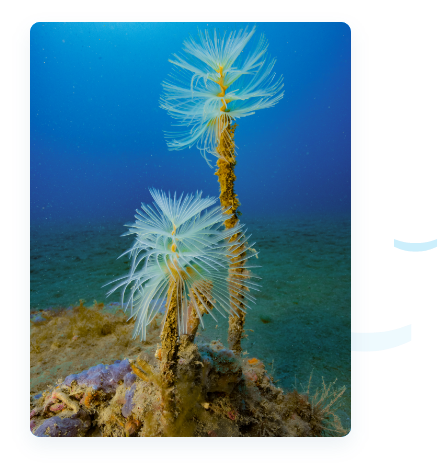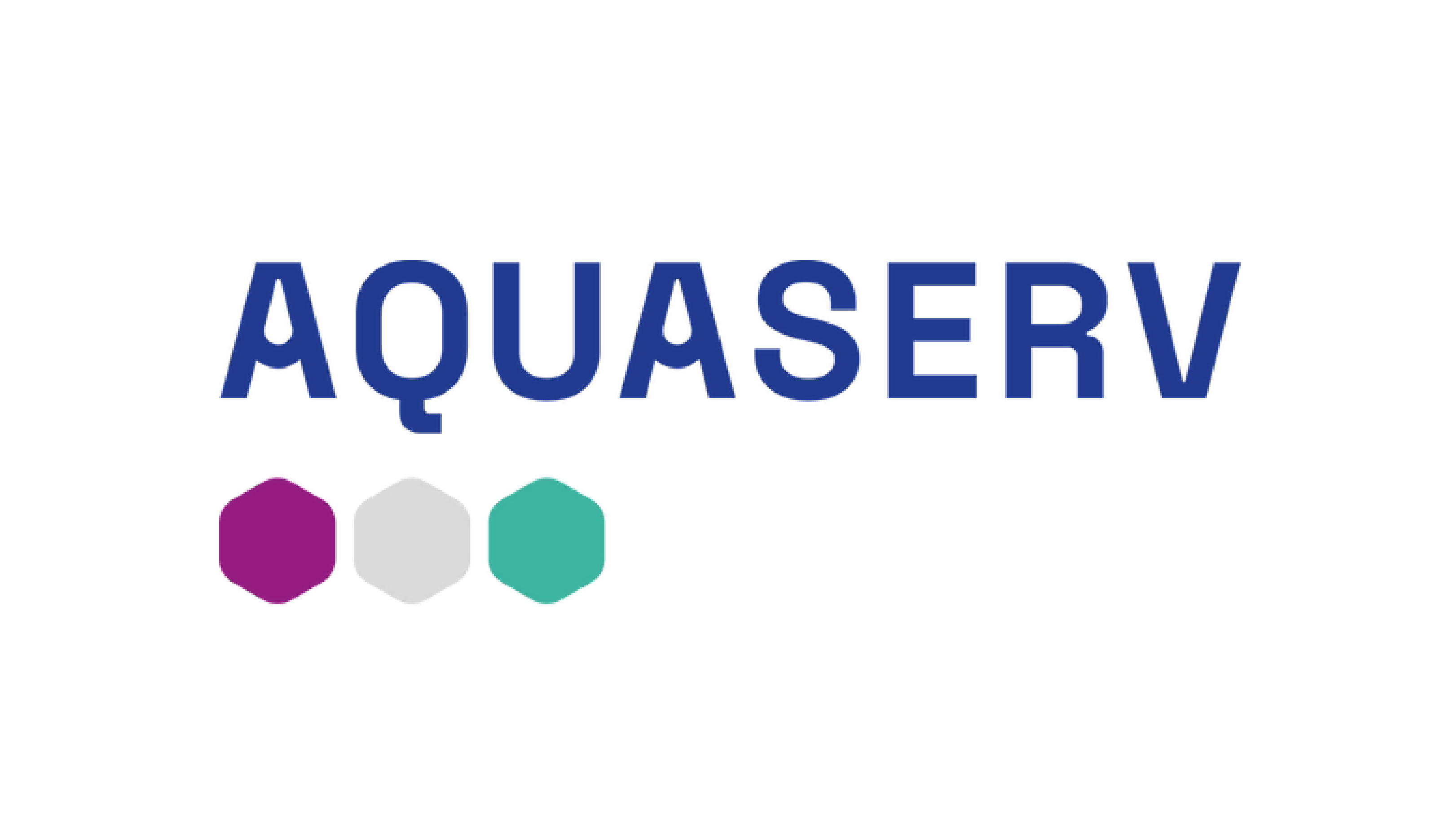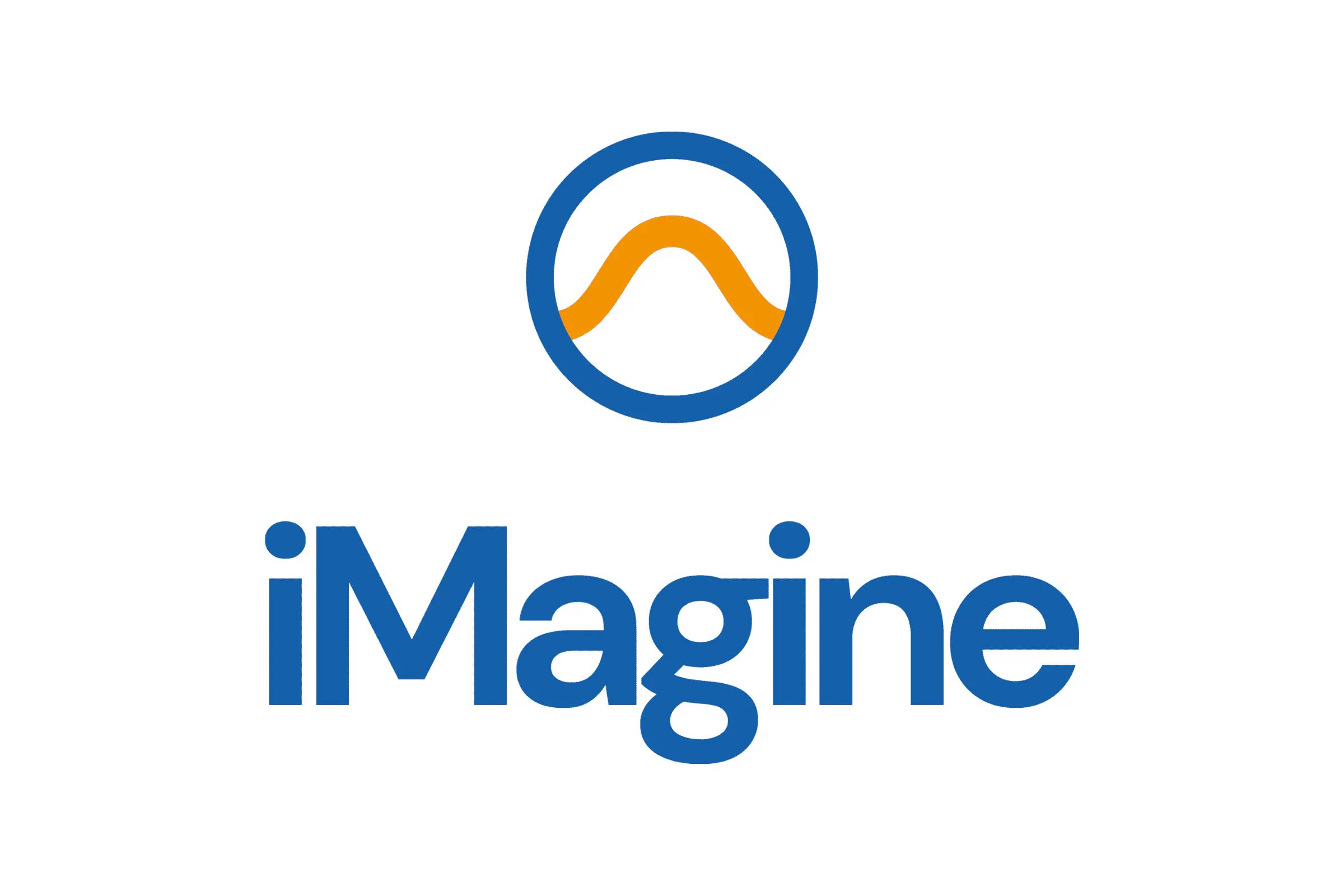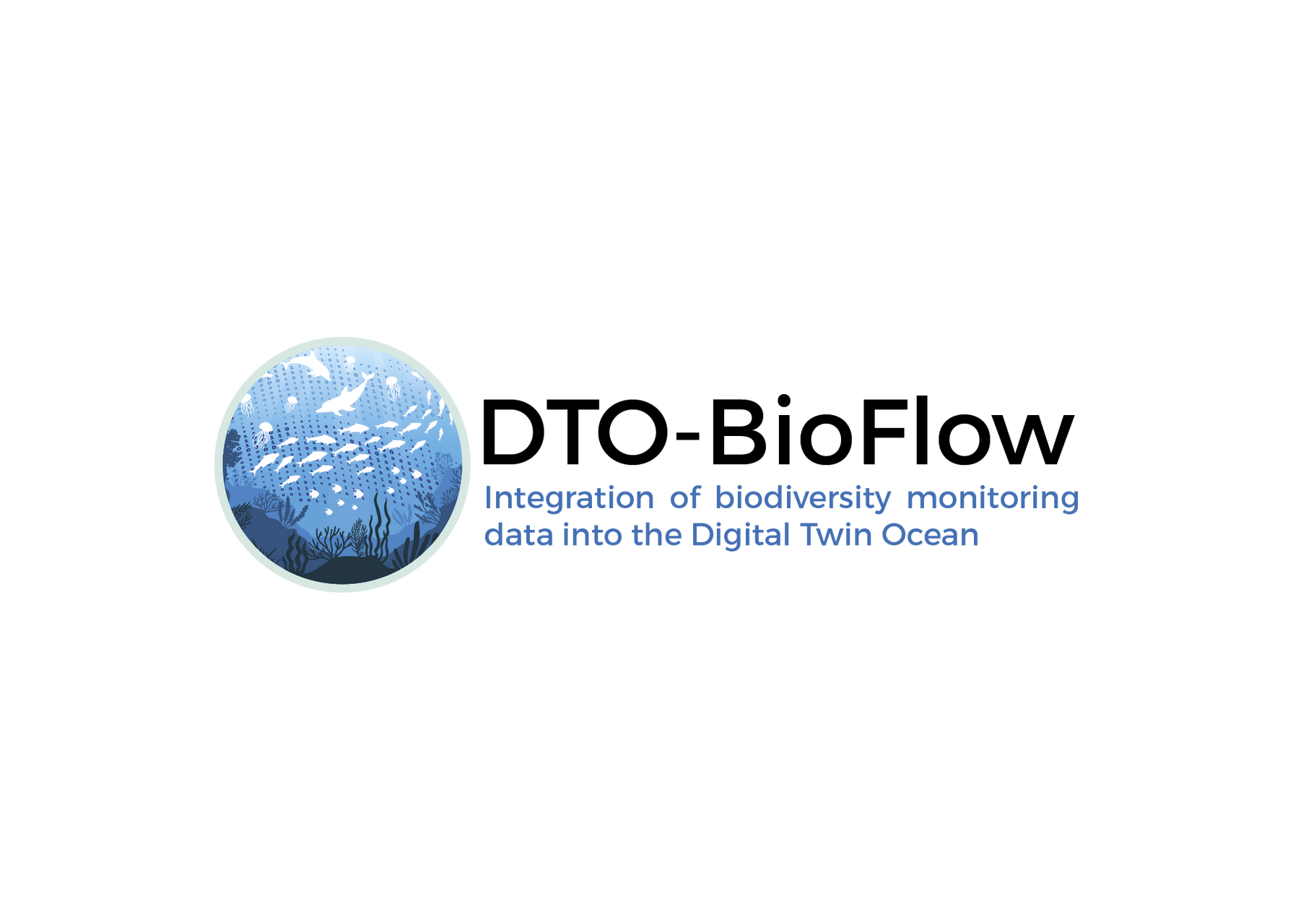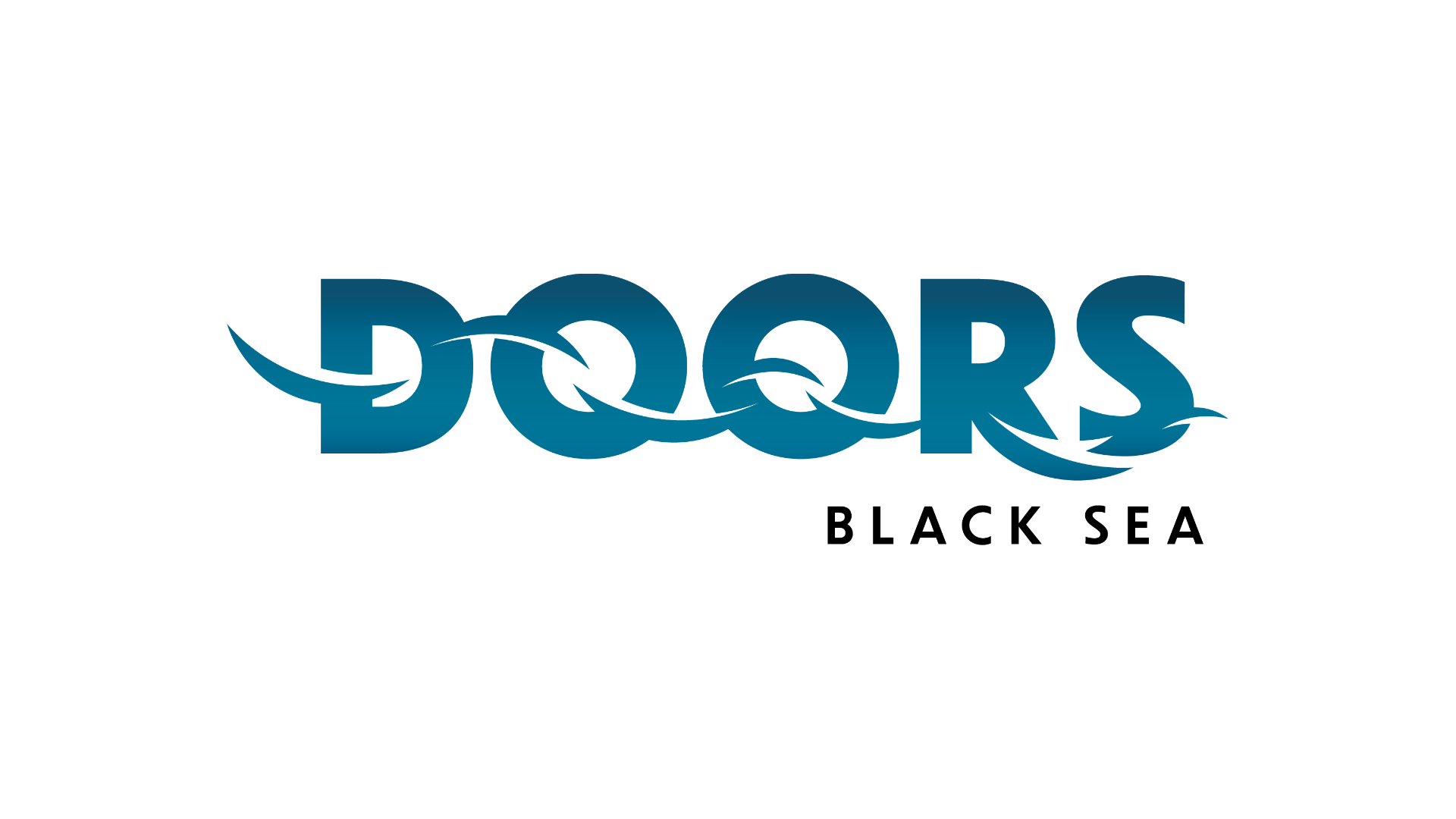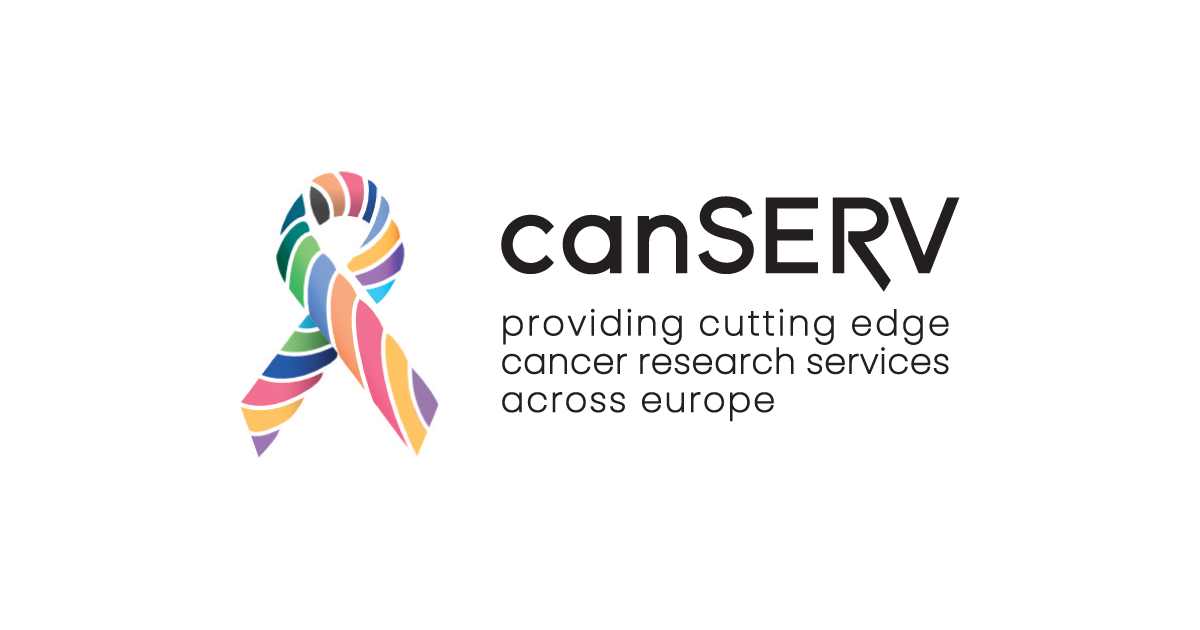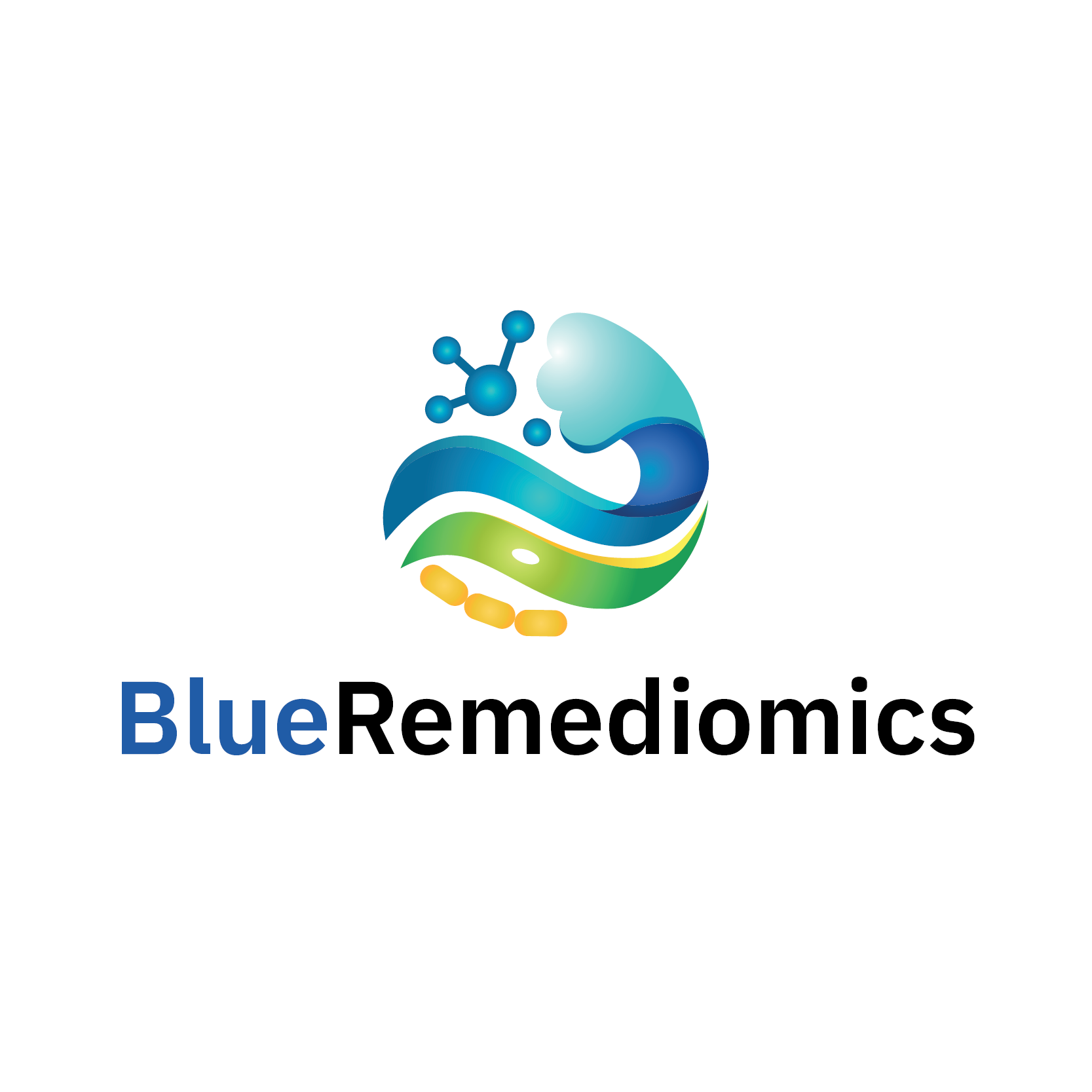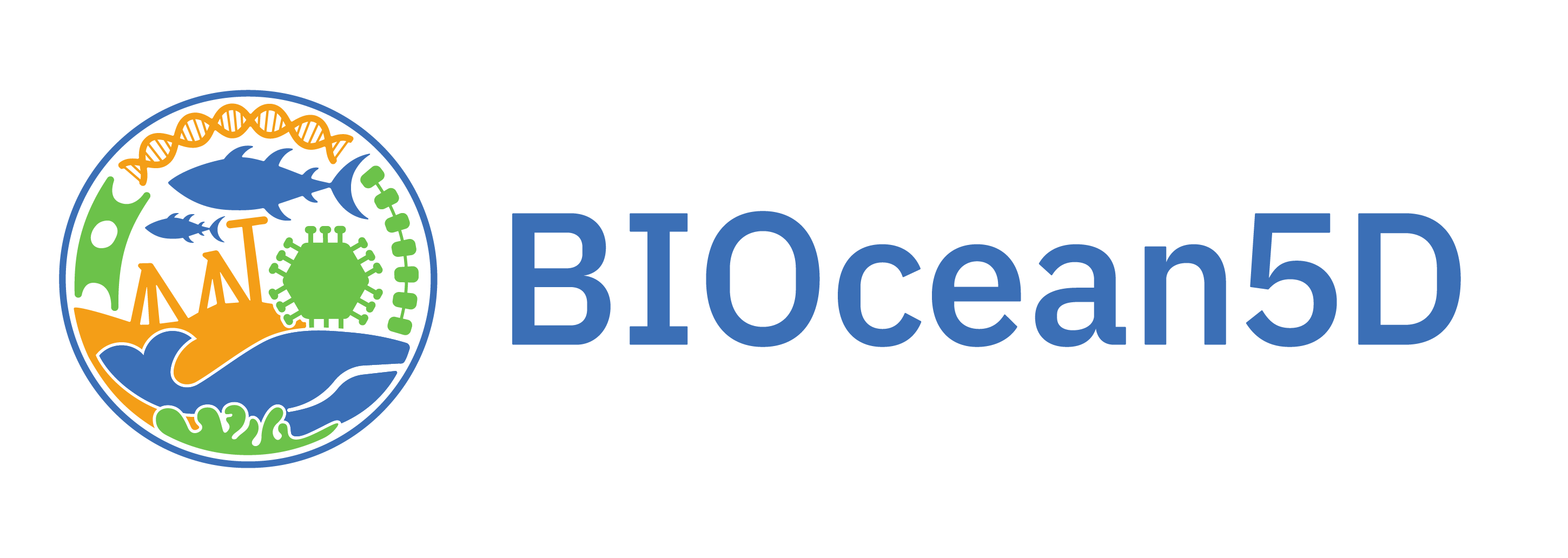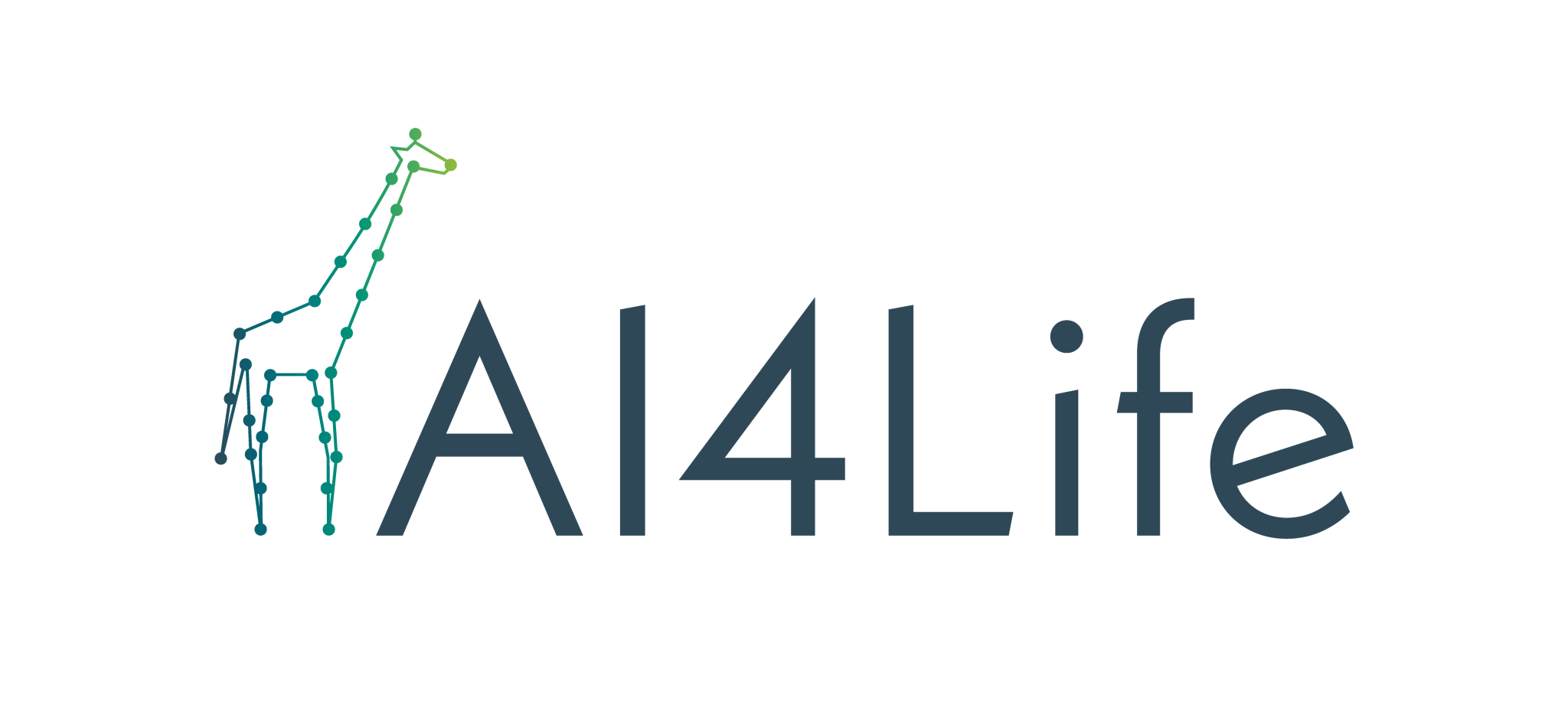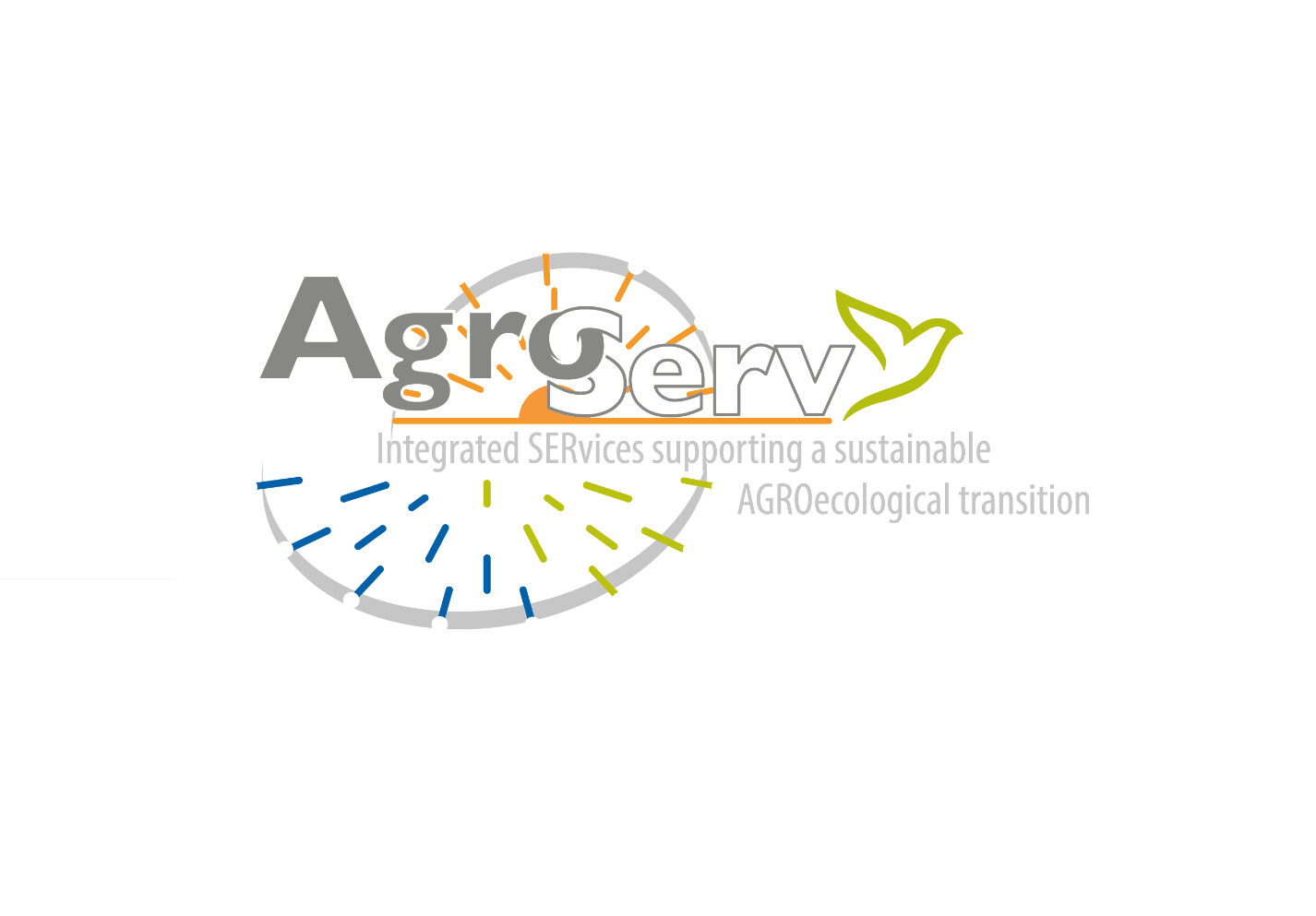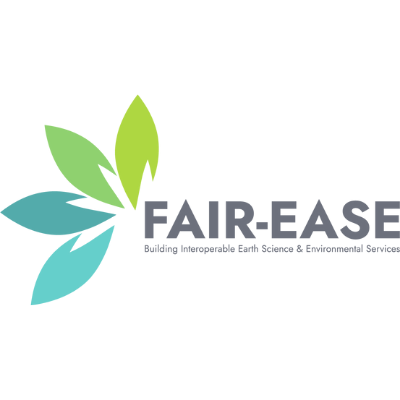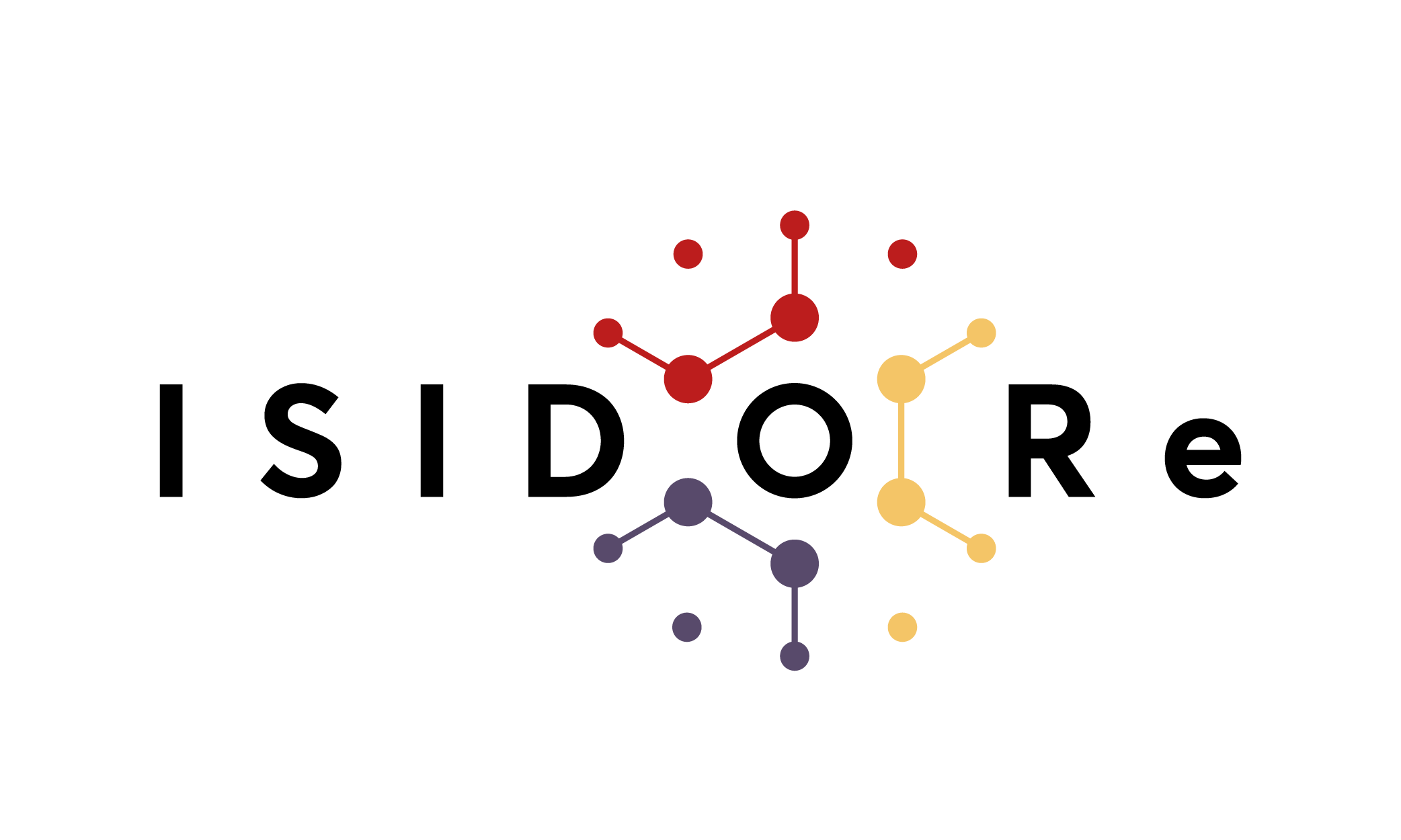The most important biobanks of marine organisms in Europe are located in the Atlantic area and are part of EMBRC.
Biobanks provide marine biological resources to academic and industrial researchers, providing the backbone for the search of unique marine genes, bio-actives and biomaterials with potential for commercial development and job creation.
The EBB project aims to contribute to ensuring the practical long-term transnational coordination of marine biobanks through the establishment of the European Blue Biobank: a world-class, centrally curated marine biobank operated by EMBRC. This initiative, the first of its kind worldwide, will increase the diversity and quality of marine biological resources made available to user communities, facilitating their biotechnological valorisation.
The EBB will set the standard for harmonised operation of its distributed marine biobanking facilities, by:
- Developing new technological tools and common procedures for the ex-situ maintenance of diverse groups of marine biological resources; and
- Harmonising the trans-regional application of the regulations on access to genetic resources and sharing the benefits of their use (ie ABS regulations).
Project dates: 16 October 2017 to 15 April 2021
EMBRC role: EMBRC's Spanish partner, University of Vigo (UVIGO), is the project coordinator
Contacts: antonio.villanueva@uvigo.es, troncoso@uvigo.es
Funding: €1,499,908.35 (INTERREG Atlantic Area programme); €500,000 from project partners
This project is financially supported by the FEDER (Fonds européen de développement régional)








